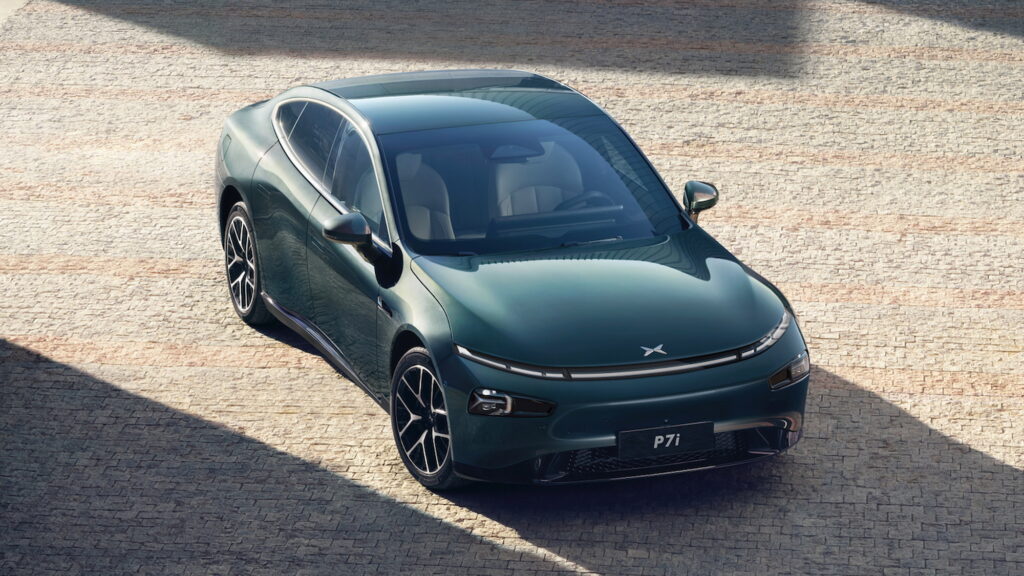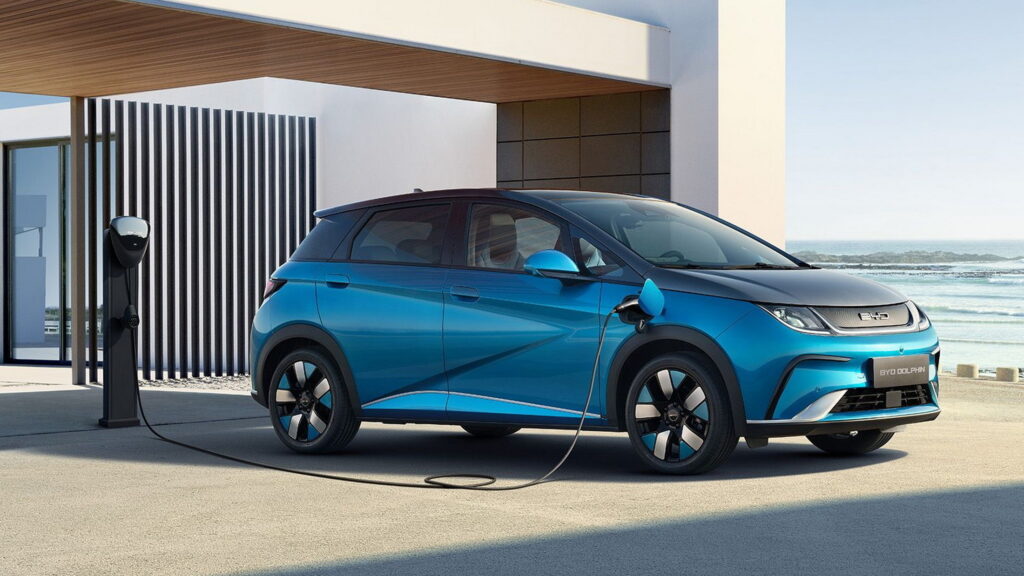Shares in Chinese automakers slid recently following reports that the European Commission is considering a crackdown on cheap EVs that have been flooding the market. If the tariffs come to fruition, it could have dire consequences on China’s auto export push that has seen cars outperform most locally-produced items in the face of waning demand for MIC products.
Customs data shows that Chinese new energy vehicle shipments (which includes both hybrids and EVs) to the European Union increased by 112 percent in the first seven months of 2023 and a staggering 361 percent from 2021.
How China Beats Everyone On Price
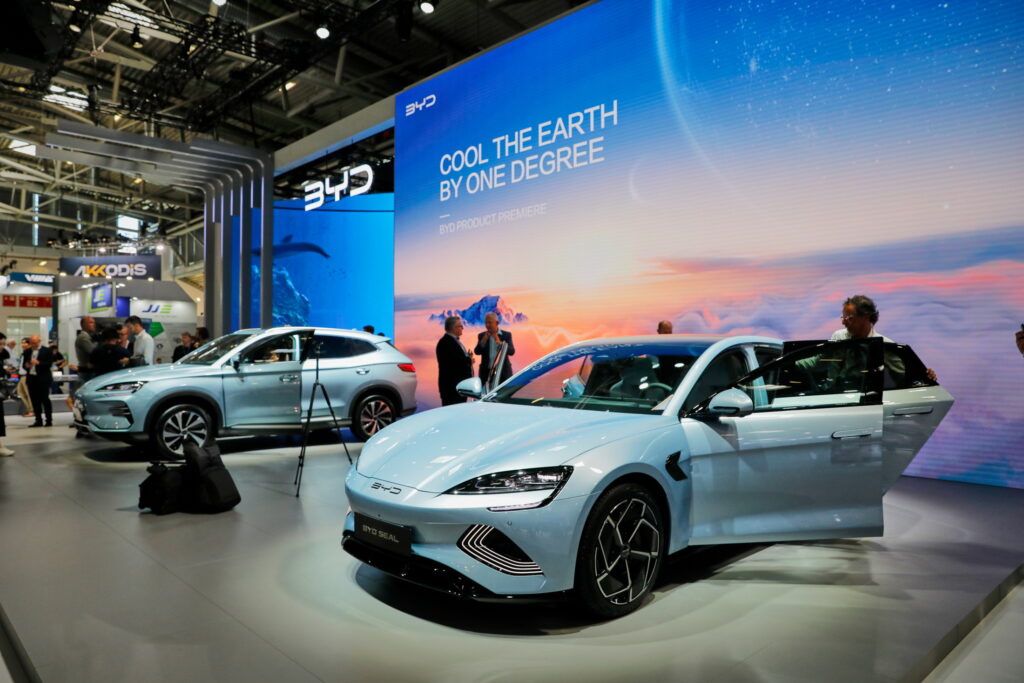
How is China able to offer the world — and Europe in particular — so many cheap EVs? Well, firstly, it comes down to overcapacity. Bill Russo, CEO of Shanghai-based advisory firm, Automobility, thinks China has an excess capacity of 10 million vehicles yearly.
The excess supply and the fact that Beijing is subsidizing EVs has led the European Commission to conclude that Chinese EVs are typically a fifth cheaper than the equivalent EU-made models.
Auto News reports that through 2021, the country is estimated to have paid in the region of $15 billion as EV incentives, but that subsidies have been in effect since 2009. Then, in June 2023, China revealed yet more tax breaks for EVs and green cars. The latest package totals 520 billion Yuan ($72 billion), which will be disbursed over the next four years. AlixPartners estimates that China spent $57 billion between 2016 and 2022 on EV and hybrid incentives.
Related: EU Considers Tariffs To Stop Chinese EV Invasion And Protect Its Automakers
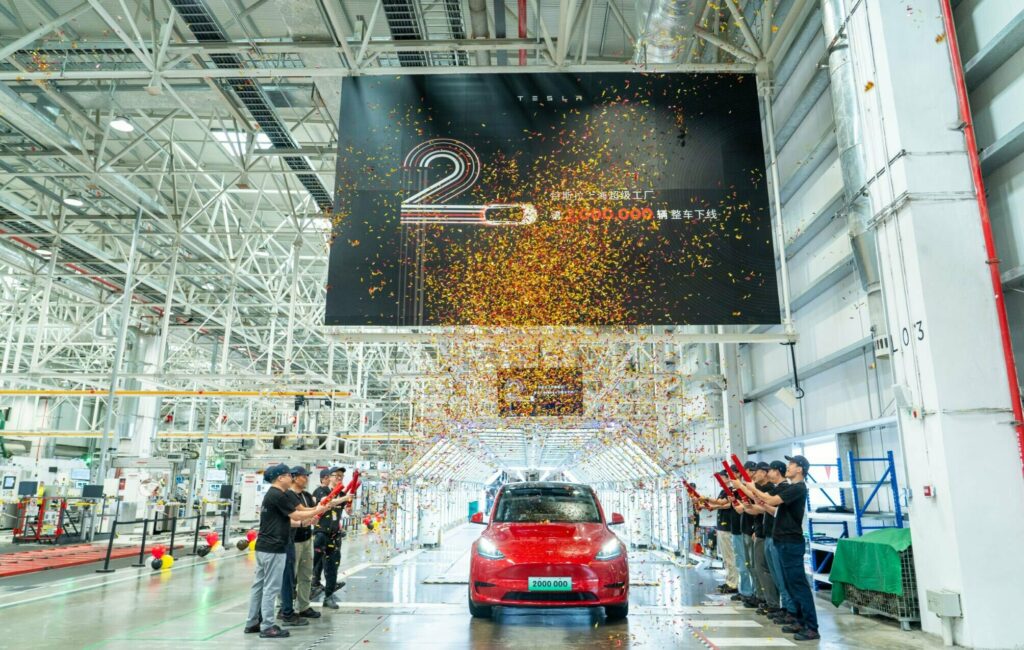
The draw is strong, even for the West, with multiple car plants being opened by foreign automakers. This includes the likes of Tesla, BMW, and Renault. Meanwhile, others, such as Volkswagen’s recent deal with Xpeng, have taken their own steps to ensure the production of locally-tailored models.
Either way, automakers operating in China are undoubtedly benefiting from their homegrown subsidies. The world’s biggest battery maker is Chinese-based CATL, while BYD has beaten Volkswagen to become the best-selling domestic automotive brand.
In terms of exports, Europe has been seen as a key growth market for Chinese automakers. The EU’s strict emissions regulations and the proposed ban on the sale of ICE vehicles make electric an easier sell. With Trump-era tariffs restricting the viability of Chinese-origin car sales in the U.S., Europe has become the de facto go-to for trade.
Will Europe Borrow A Leaf From The U.S.?
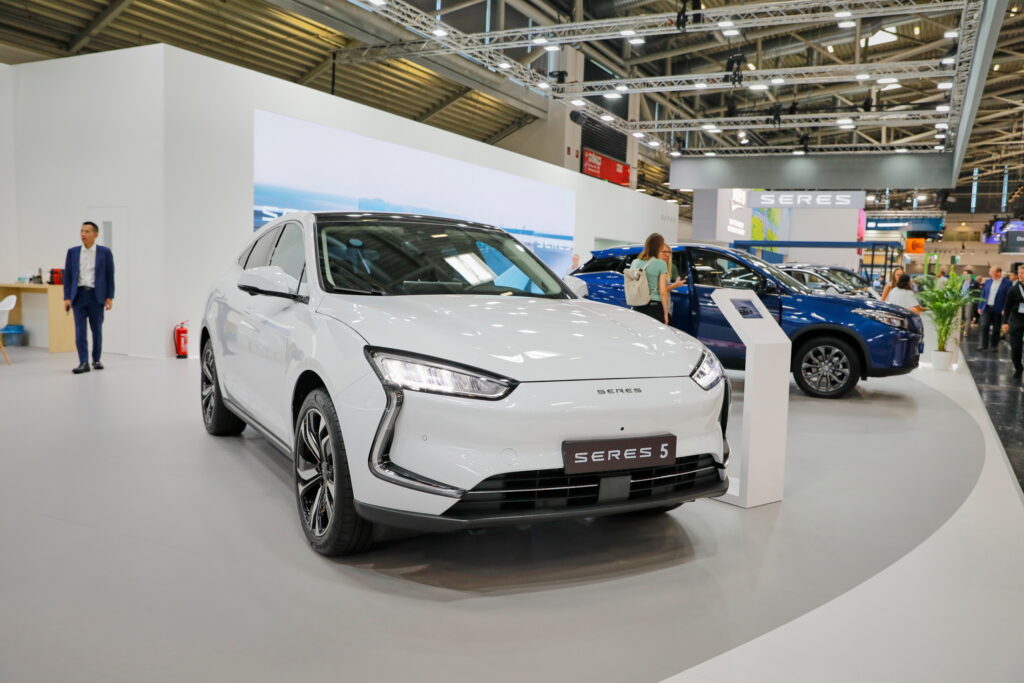
It would appear that the European Commission is not happy with having the bloc overrun with EVs from China. And despite the option of cheaper, more accessible new tech being a useful tool to drive up the rate of adoption, leaders may be more interested in protecting their own auto industry.
Last week, the European Commission announced that it would be launching an investigation into whether tariffs should be used to combat the “artificially low” prices of Chinese EVs. A verdict will be delivered within the next 13 months.
“Global markets are now flooded with cheaper electric cars. And their price is kept artificially low by huge state subsidies,” European Commission President Ursula von der Leyen told fellow EU lawmakers. And it’s not just bureaucrats that have shown concern. Senior car industry figures such as Stellantis CEO Carlos Tavares have expressed similar views, with doubts about the ability of Western brands taking on those from the East.
Related: Would You Care If Your Car Was Built In China?
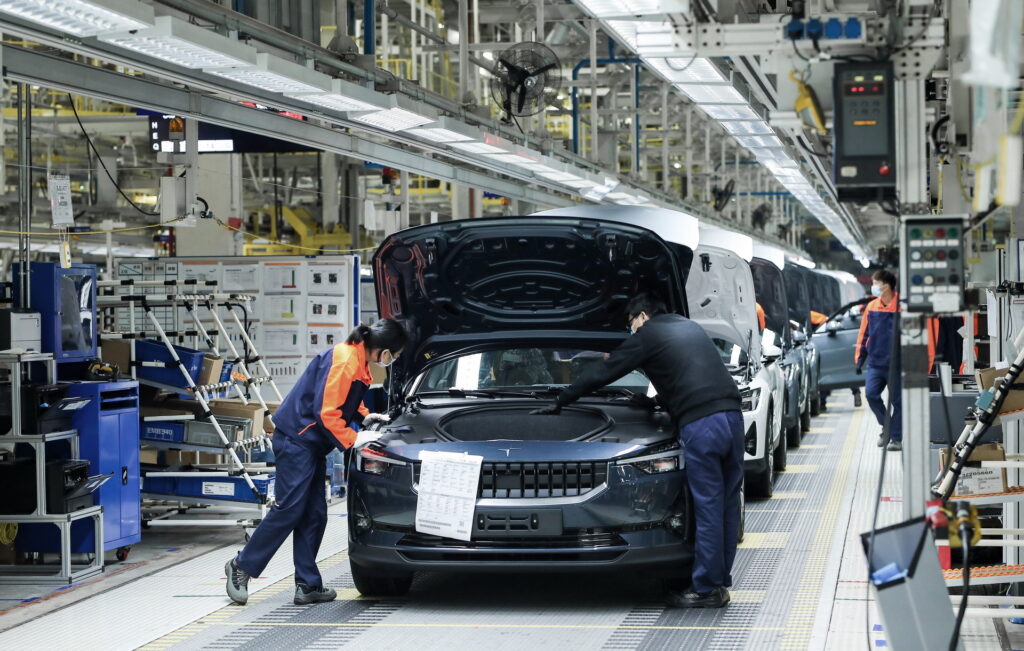
During President Trump’s time in the White House, Chinese ICE and EVs were hit with a 25 percent tariff — a policy that continues to this day. Some manufacturers, such as Geely-owned Volvo, are able to offset these against credits earned from vehicles they export from U.S.-based factories.
But while cheaper cars from China may threaten the home-grown market, the EU must be on guard against any retaliation from Beijing. Reuters reports that China’s Ministry of Commerce has already set off a warning flare, calling the investigation a “naked protectionist act that will seriously disrupt and distort the global automotive industry and supply chain, including the EU, and will have a negative impact on China-EU economic and trade relations.
China is a large market for many European brands. Therefore, the EU must be careful so as not to shoot itself in the foot by landing Western automakers in the crossfire — particularly BMW, Renault, and VW, which produce cars in China for export to Europe.
